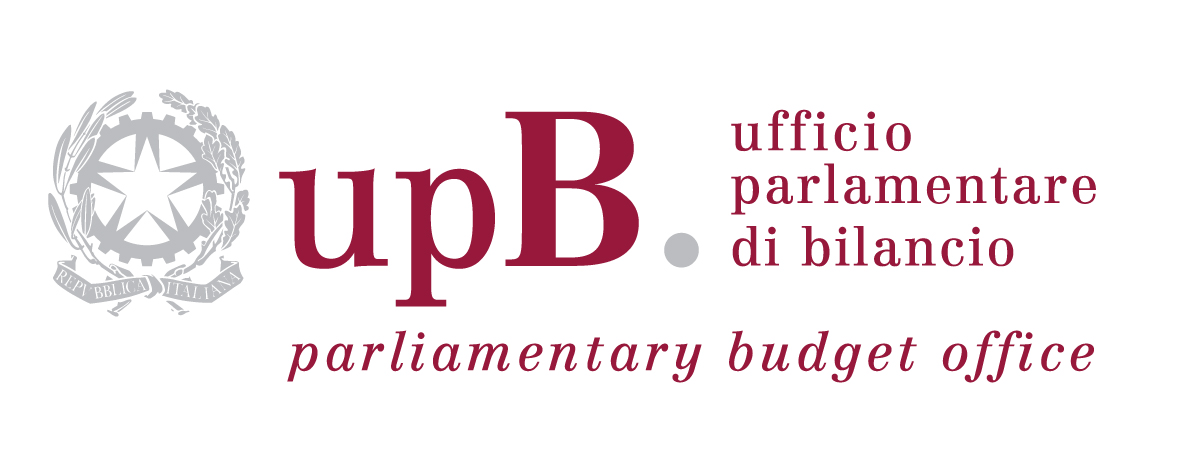The Chairman of the Parliamentary Budget Office, Giuseppe Pisauro, sent the Finance Committee of the Chamber of Deputies, at its request, a memorandum (in Italian) regarding the bill concerning “Grant of enabling authority to the Government for tax reform”. The memo offers specific comments on the individual articles of the legislation and provides an overall assessment of the measure. The comments seek to underscore aspects that require better internal coordination between the various lines of action envisaged by the reform and to highlight aspects of the debate on the issues facing the Italian tax system to which the enabling bill should devote more attention and analysis.
In general, the memo finds that the principles and criteria set out in the enabling bill are welcome but at times too indeterminate. Certain fundamental guidelines for a comprehensive redesign of the tax system are missing. On the one hand, this reflects the heterogeneity of the policy guidance and, on the other, the fact that the drafting of the enabling bill was not preceded by the work of a commission of experts tasked with developing a comprehensive and uniform redesign of the entire tax system. As a result, a substantial parliamentary effort may be immediately required to supply the missing elements, while the time necessary to implement the enabling authority could lengthen, given that agreements will have to be reached on the methods of implementing the various points of the enabling bill as work progresses.
Major issues such as the main causes of the erosion of the tax base and how to rationalize and reduce tax expenditures are not addressed. There is no provision for adequate guiding principles for the revision of wealth taxes.
As regards the financial effects of the implementation of the enabling authority, while Article 10 indicates that the tax reform should not result in new or increased costs for the public finances, financing the reform through recourse to net borrowing is not explicitly ruled out, with negative consequences for the public accounts. Given the current state of the latter, the reform must be financed primarily through a re-composition of taxation.
